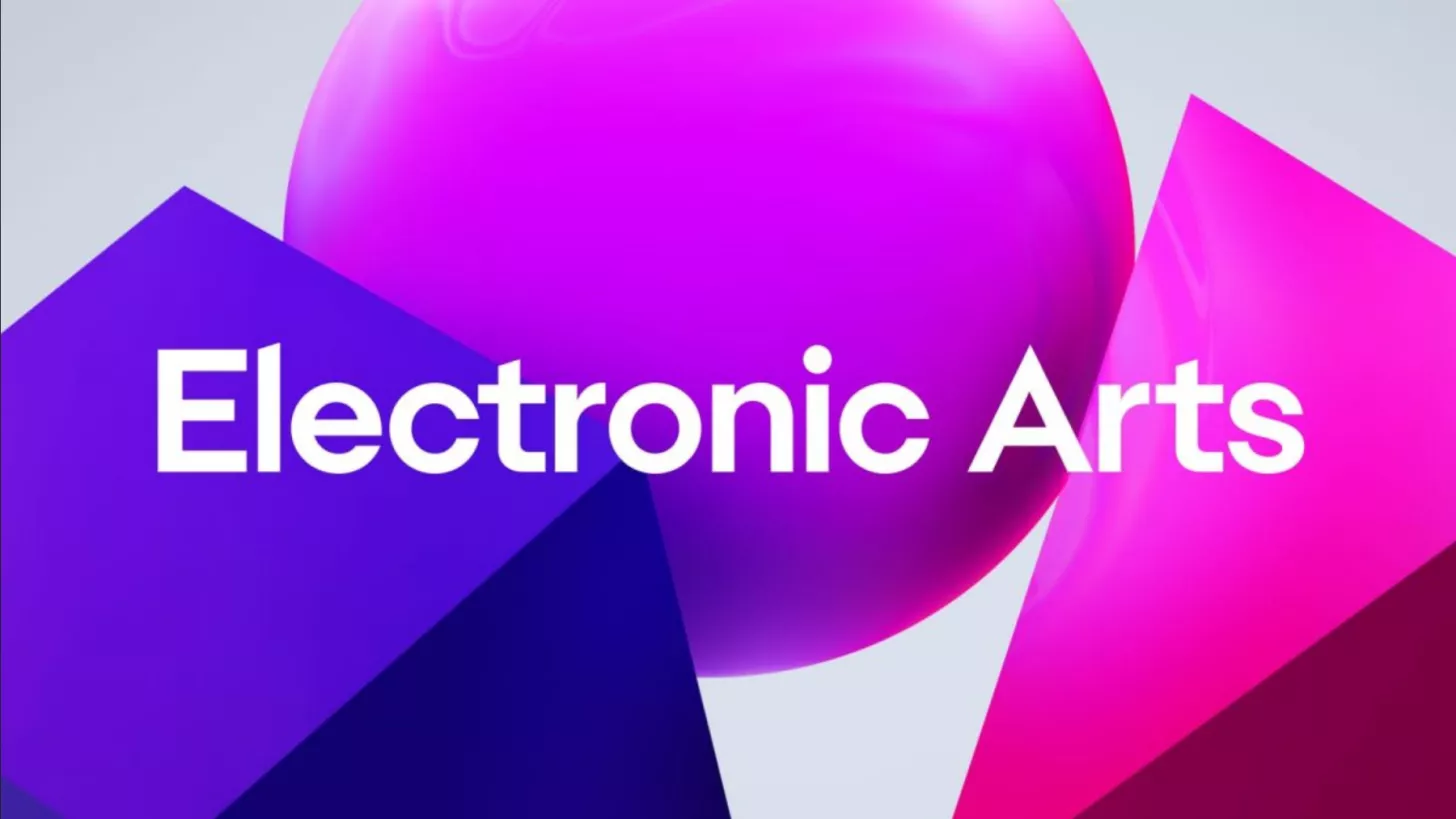Electronic Arts (EA) has been a cornerstone of the gaming industry, but recent developments signal a transformative shift. In the last days of September, reports suggested a monumental $50 billion transaction to take EA private, with investors including Silver Lake, led by Jared Kushner, and the Saudi Arabia Public Investment Fund (PIF). Shortly after, EA confirmed that it had agreed to a $55 billion acquisition by this investment group.
Challenges and Future Prospects
This acquisition raises numerous questions, particularly regarding the $20 billion debt that accompanies the deal and its potential impact on EA’s future operations. Concerns have also emerged about whether EA will retain its current creative direction or if new ownership will steer changes. According to an updated FAQ for EA employees, the company assures that it will retain creative control, emphasizing a continued commitment to creative freedom and player-focused values.
Investor Influence and AI Strategy
Regarding the influence of the new stakeholders, EA states that the Consortium supports its vision, leadership, and dedication to crafting diverse gaming experiences. However, only time will reveal if these promises hold true once EA releases a game under its new ownership. Comparisons are drawn to other industries where external influences have sparked significant changes.
Another intriguing aspect of the acquisition is EA’s approach to AI. An internal FAQ suggests a consistent and thoughtful strategy towards AI, viewing it as a tool to enhance creativity. Contrarily, other reports describe EA’s AI practices as overzealous, pressuring employees to integrate AI into all tasks, leading to challenges requiring manual intervention.
This acquisition raises numerous questions, particularly regarding the $20 billion debt that accompanies the deal and its potential impact on EA’s future operations.
How AI will truly shape the future of EA remains to be seen, but these developments undoubtedly mark a significant evolution in the company’s journey.
